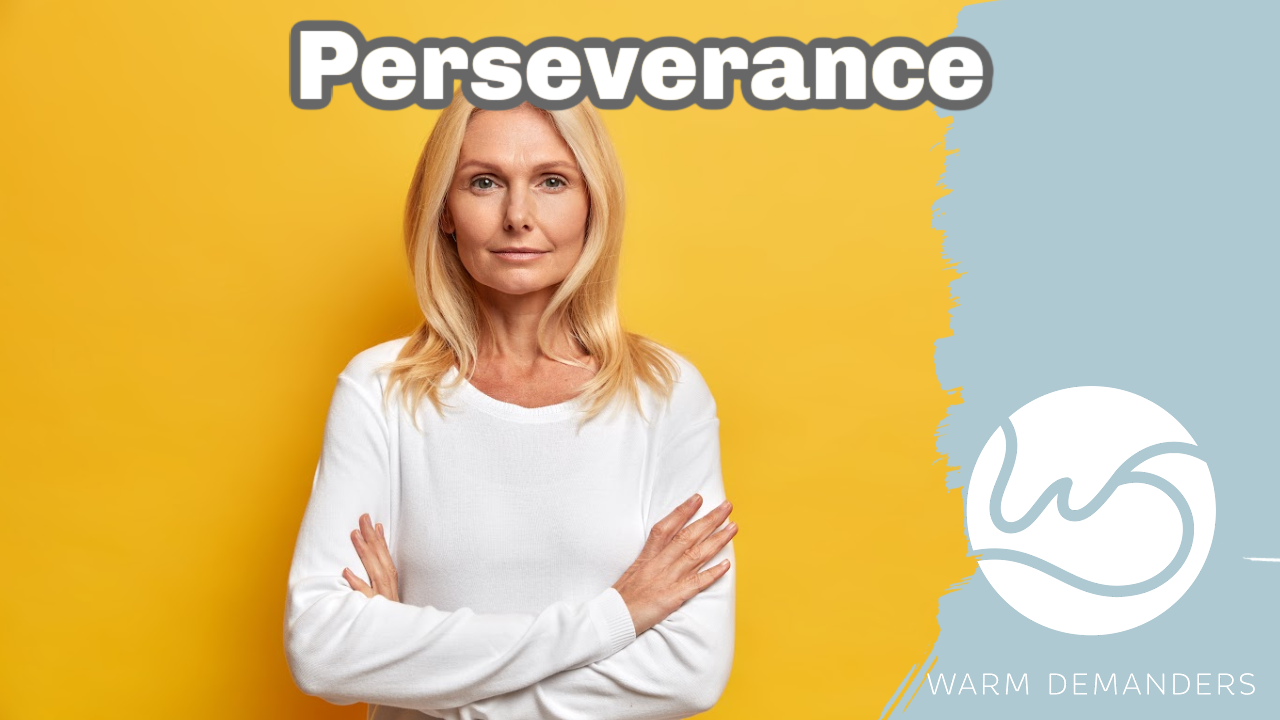1-MINUTE READS
by Aubrey Patterson
The IKEA Effect is a fascinating part of our psychological operating system. Understanding how to use it is hugely advantageous for every leader.
Simply put, people who expen...
by Aubrey Patterson
It’s best to use a lens of humility and assume that those who came before us knew things we don’t or had experiences we haven't yet encountered.
Don't ever take a fence down u...
by Aubrey Patterson
Many people want to build new habits but worry about disrupting their current routines.
Such worries are understandable but rarely warranted. Optimizing systems leads to havi...
by Aubrey Patterson
Is it possible for a team to become more creative?
Certainly, but a creative culture requires a fertile ground where new thoughts can grow.
The more time a team spends engage...
by Aubrey Patterson
Some of our biggest successes can be pretty messy, right?
Success is a lousy teacher. It seduces smart people into thinking they can't lose. - Oprah
False Summits
When hiki...
by Melody Stacy
There’s a well-known parable of blind men who, having never seen an elephant, approach one and begin feeling various parts.
One concludes, feeling the tusk, “It’s like a spear!” A...
by Aubrey Patterson
The ladder of success can feel pretty tall and steep sometimes, right?
Author and leadership guru Dean Graziosi often uses the term success tax when referring to the struggles...
by Melody Stacy
There’s a famous experiment about lottery tickets that has some pretty significant implications for leaders interested in building commitment in their teams.
It went like this: Re...
by Melody Stacy
Curiosity killed the cat.
A useful illustration of why we shouldn’t be nosing around in situations that don’t involve us? Maybe. But as leaders, we may want to take a different pe...
by Aubrey Patterson
Would you be willing to change your work habits to make life easier for your future self?
You'd think a quick "yes" would come from most leaders, right?
Sadly, this isn't the...
by Aubrey Patterson
Do you ever just wish for a day during which nothing happens?
Of course you do! We all need a slow day now and then.
However, impactful leaders are generally excited by chang...
by Aubrey Patterson
Just time block it.
People seeking organizational help all too often hear this well-intentioned advice from people whose own calendars display a collection of events and other...
by Melody Stacy
The sun-kissed, rejuvenated faces bouncing in to check rosters and decorate classrooms. The fresh-faced anticipation of what’s yet to unfold, open to possibilities and wonder.
Eve...
by Aubrey Patterson
Sometimes, everything goes according to plan. Other times, life feels overwhelming.
Remarkable leaders certainly feel like giving up at times, but they persevere and often ins...
by Aubrey Patterson
A great many swear by their to-do lists, and with good reason. Psychologist, author, and film-maker David Cohen maintains that a completed list greatly reduces anxiety.
Indivi...
by Aubrey Patterson
We all have good ideas.
And we should share them and hope our teammates elevate them into something remarkable.
When we have an idea but don’t act upon it, at best it’s just ...
by Aubrey Patterson
Many of us rely on willpower to actualize our biggest goals.
When we want to lose weight, we access willpower to prevent us from eating a piece of cake.
If we want to save m...
by Aubrey Patterson
In 1965, Gordon Moore, the founder of Intel, predicted that computer chips would exponentially increase in power while decreasing in size. This became known as Moore's Law and ...
by Aubrey Patterson
When others express that they can count on us, it is one of the best compliments we can ever receive.
Being dependable, reliable, and consistent are qualities that speak to ou...
by Aubrey Patterson
When scheduling priorities into your calendar, how often do you place a time block on Someday?
Someday Doesn't Exist on the Calendar
There are seven days in a week and Someda...


















